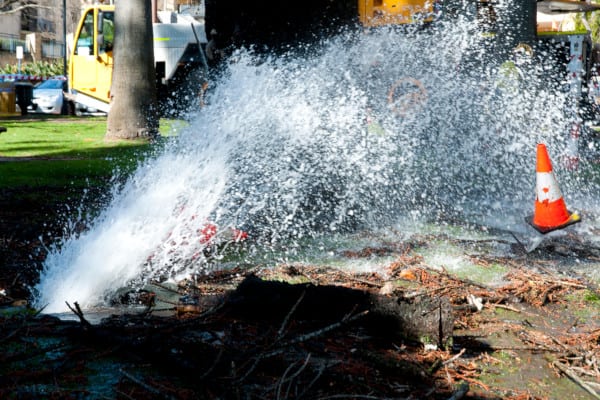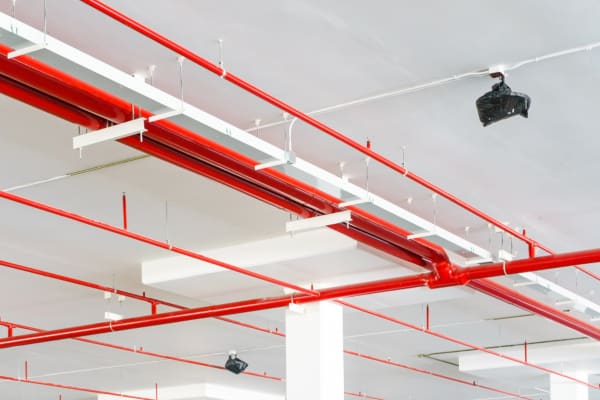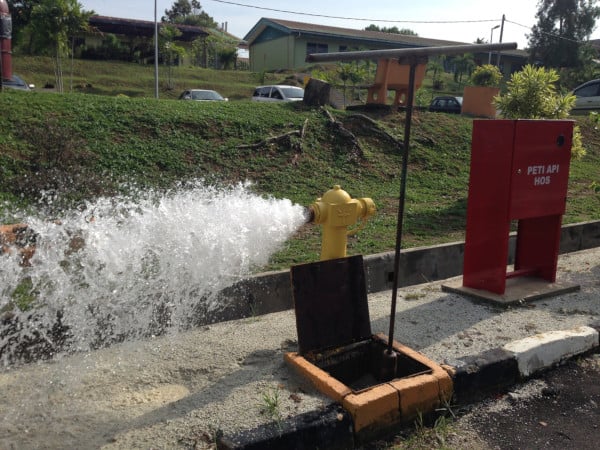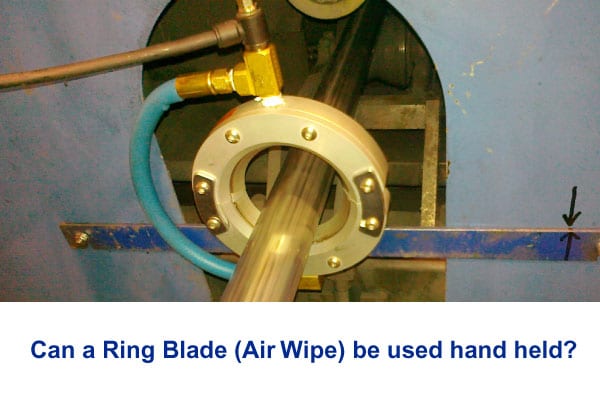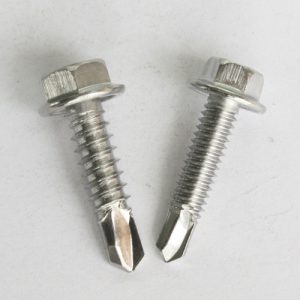Tire Manufacturing Industry
Personal Protective Equipment
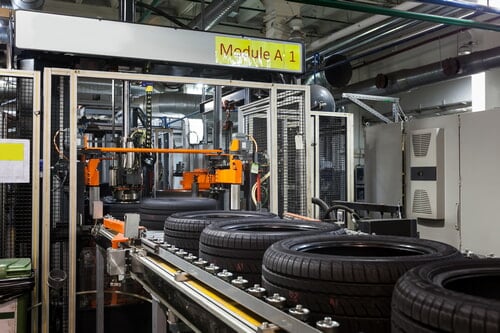
Tire Manufacturing Industry
The tire manufacturing industry produces two types of tires: Bias and radial tires. A bias tire is made of rubber only, while a radial tire has steel fabric. Manufacturers need over 200 raw materials to make a tire, including rubber, wire, carbon black, chemicals, nylon, oil, polyester and steel. Working with some of these materials is hazardous to workers. Thus, they need the proper personal protective equipment to protect them. For example, working with chemicals requires different glove polymers and working with metal requires cut-resistant gloves.
The core materials in tires include 37.3 percent chemical products, 12.1 percent rubber and 4.6 percent metal. Every tire manufacturer has its own “recipe” for tires, including different material compositions for the different types of tread available.
Types of Tires
Tires come in three main categories:
- Passenger tires, which are for many driving experiences.
- SUV and truck tires manufactured for road conditions.
- Specialty tires for other vehicles, such as lawnmowers, four-wheelers, trailers and other vehicles.
Passenger vehicle tires and truck tires come in five types:
- All-season tires handle several road conditions, including mud and snow. However, they are not the best at handling any one thing. Winter tires are best for winter, and summer tires are best for summer. All-season tires combine the best of both, so you don’t have to change tires every fall and spring.
- Touring tires have a more comfortable ride and handle better than all-season tires.
- Performance tires are designed to “stick” to the road better, especially in wet weather. They have larger grooves for a better grip.
- Summer tires are designed for dry and wet conditions.
- Winter tires have a more aggressive tread with deeper grooves to push snow and slush away from the tires better. Depending on where you are, you might be able to order winter tires with holes for spikes in the tread. They are not legal in some states, even if the state gets a lot of snow and ice.
SUV and truck tires have the same characteristics as passenger tires, but you can also buy four additional types:
- All-terrain tires, which are common on four-wheel drive vehicles.
- Highway tires, which are generally all-season tires that are able to carry heavier loads.
- Mud and snow tires, which have a more aggressive tread and deeper grooves to give you more traction in mud, sand and snow.
- Ribbed tires, which are designed for highway handling and longer-lasting mileage.
Specialty tires are designed for their particular application. Lawnmower tires have a lawn and turf tread designed, so they don’t tear up lawns. ATV and side-by-side tires are knobby tires meant to get you through mud, snow, sand and more.
Tractor tires might have a knobby tread like those you see on the farm. You can also purchase tires with a less aggressive tread that looks like the tread on lawnmower tires.
DOT Numbers
All tires have DOT numbers on them. DOT stands for Department of Transportation. After the DOT stamp, a tire might have a two or three-digit manufacturer and / or plant code. On tires with a two-digit plant code, the following two characters are the tire size code. The next four are the manufacturer identity number, which is optional. You might see it as XX00. The last four numbers are the week, and year the tire was manufactured.
On tires with a three-digit plant code, the next series of six digits – four letters and two numbers – is the manufacturer identity code. The last four numbers are the week and year the tire was manufactured.
Safety in the Tire Manufacturing Industry
Those who work in the tire manufacturing industry should have the proper personal protective equipment to protect themselves against chemicals and working with sharp metal. Abolox carries all of the PPE you need to minimize the hazards of working in this industry, including:
- Safety glasses and goggles when working with chemicals, metal, and machinery.
- Safety coveralls when working with chemicals.
- Gloves when working with chemicals and sharp objects. Gloves might be chemical-resistant, abrasion-resistant, puncture-resistant or cut-resistant.
- FR clothing for those working around hot materials or near equipment that could cause flash fires.
Visit Abolox
For quality-made personal protective equipment, visit Abolox. If you don’t see what you need, contact us, and we will source it for you.
